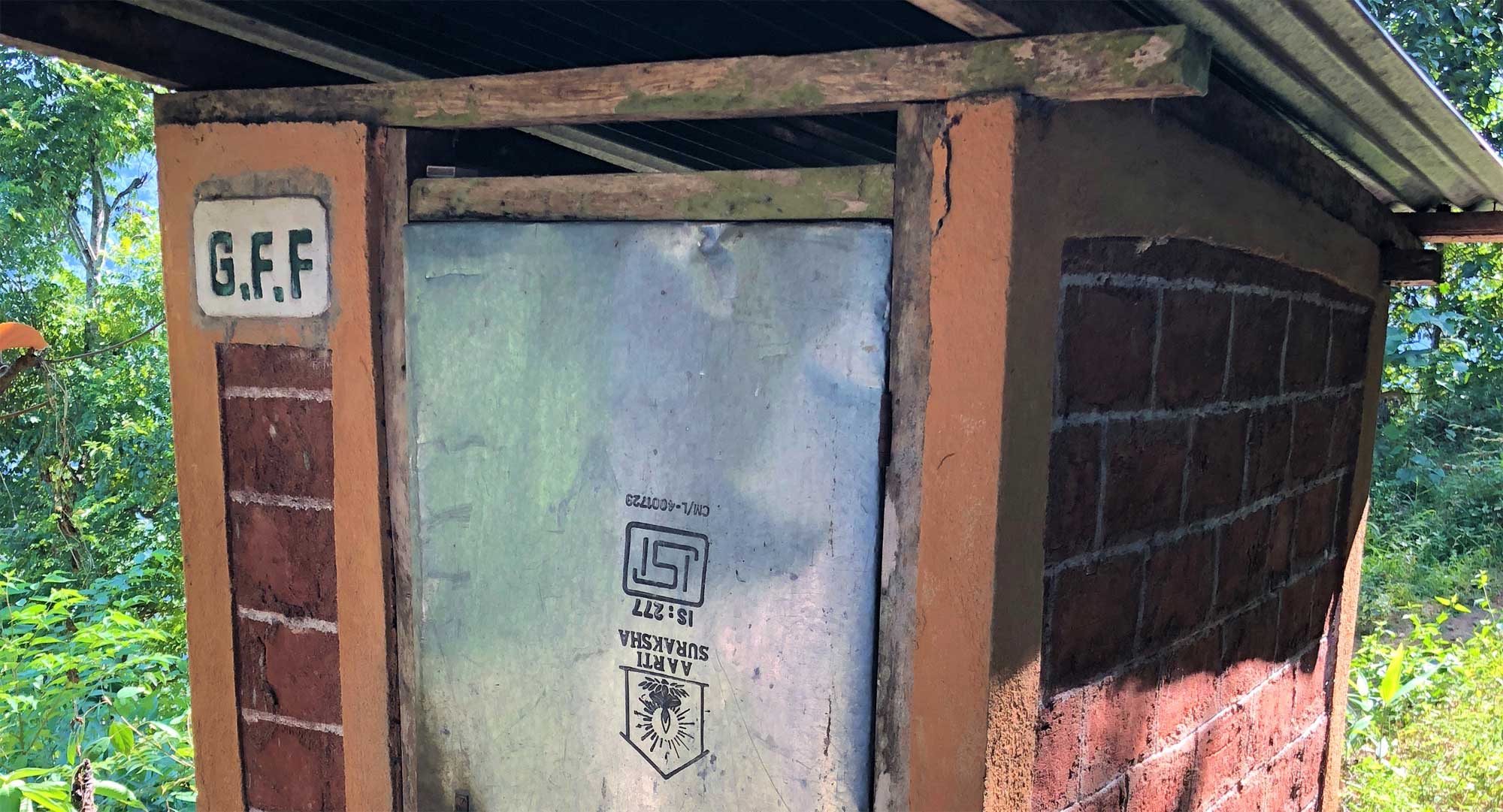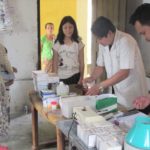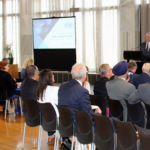Clean Water and Sanitation
Clean water, basic toilets and good hygiene practices are essential for the prevention of disease. Today, there are around 2.4 billion people globally who do not have access to adequate sanitation, and 663 million who do not have access to safe water sources.
The rural villages across the regions we works in have some common issues with regards to health. Many are the direct result of inadequate access to safe drinking water, inadequate sanitation infrastructure and a lack of knowledge about water borne disease. Each day, nearly 1,000 children die due to preventable water and sanitation-related diseases[1]. In Kalimpong, India, many households do not have piped water and rely on nearby streams which are contaminated due to open defaecation. Others walk long distances to fetch water from a clean source. Nepal, Philippines and Vietnam experience similar issues.
The Glenn Family Foundation has built 992 toilets and completed 31 water projects across 19 villages in the Darjeeling district of West Bengal, India. This work followed extensive surveying in the area which revealed which households were most in need in terms of poor access to water and no existing sanitation infrastructure. The Foundation continuing its work in India, providing point-of-use filters and installing water tanks to households in need and educating beneficiaries about safe hygiene practices.
Research
[1] United Nations: http://www.undp.org/content/undp/en/home/sustainable-development-goals/goal-6-clean-water-and-sanitation.html




Recent Comments